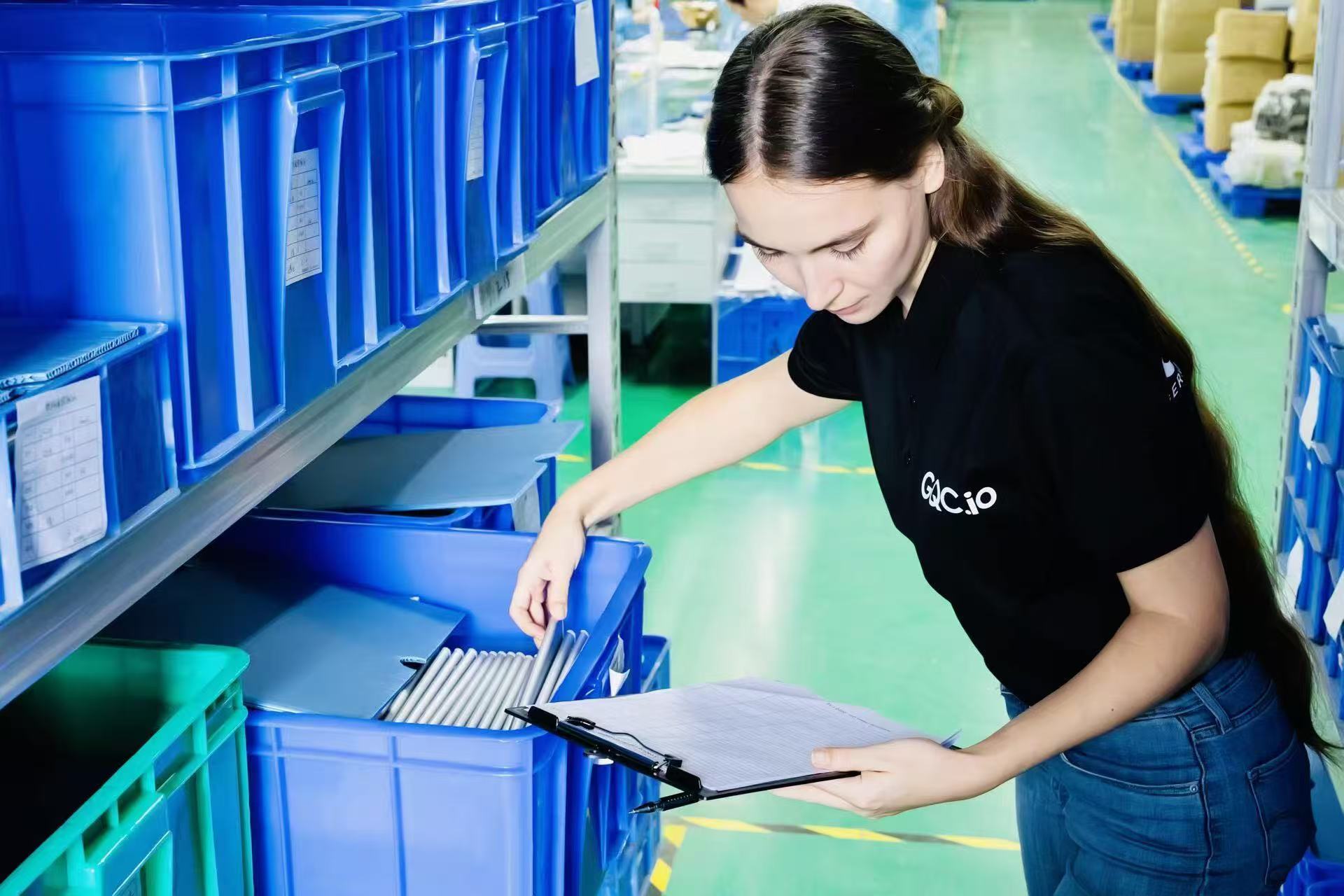The EU's recent new battery law has had a profound impact on sellers. This regulation aims to promote the sustainable production and recycling of batteries. It has a wide range and far-reaching impact on companies selling batteries and products containing batteries in theEU.
First, the new regulations emphasize the sustainable production and recycling of batteries. The EU encourages the use of renewable materials to manufacture batteries and requires companies to reduce the use of toxic substances in batteries to reduce negative impacts on the environment and human health. What this means for sellers is that they need to review and ensure that the battery products they sell comply with the EU’s new requirements, which may require adjustments to their supply chain and product design.
Secondly, the new battery law imposes stricter recycling and disposal requirements. Sellers need to cooperate with compliant recycling agencies to ensure that consumers can easily recycle used batteries. This will have an impact on sellers’ operations and after-sales services, and new recycling and treatment processes will need to be developed to ensure the compliant handling of waste batteries.
In addition, the new regulations also impose higher requirements on the labeling and information disclosure of battery products. Sellers need to ensure that product labels are clear and provide detailed information about battery ingredients, environmental protection information, recycling methods, etc., to meet regulatory requirements and at the same time increase consumer awareness and trust in the product.
For sellers, this new regulation may mean higher compliance and operational costs. To comply with the new regulations, they may need to engage in product redesign, supply chain optimization, and increased collaboration with suppliers, manufacturers, and recycling agencies.
However, while the new battery law brings its own set of challenges, it also brings business opportunities for sellers.The demand for environmentally friendly products is growing, and environmentally friendly battery products that comply with new regulations are expected to gain more market recognition and enhance the competitiveness and brand image of enterprises.
The introduction of the new EU battery law marks an important step towards sustainability and safety for the battery industry. Complying with these regulations is critical for sellers to successfully enter the EU market.
If you would like to learn more, visit us at www.gqc.io for more insights





